The history of slavery in Massachusetts is a complex and often overlooked chapter in the state’s past.
While Massachusetts is commonly associated with abolitionism and progressive values, the reality is that slavery was deeply entrenched in the colony and later the state for over a century.
From the early colonial period through the Revolutionary era and beyond, enslaved Africans and indigenous peoples were bought, sold, and exploited for labor in Massachusetts.
Despite efforts to abolish slavery, its legacy continued to shape race relations and social dynamics in the state long after its formal abolition.
Understanding the history of slavery in Massachusetts is essential for confronting the injustices of the past and working toward a more equitable and inclusive society.
Slavery In Massachusetts
While often overshadowed by the more notorious history of slavery in the Southern United States, Massachusetts also has a complex and significant history of enslavement.
Here are some historical pieces of evidence that illuminate the history of slavery in Massachusetts:
Enslaved Africans in Colonial Massachusetts
In the early colonial period, Massachusetts was involved in the transatlantic slave trade, with enslaved Africans being brought to the colony to labor on plantations, in households, and in various industries.
The presence of enslaved individuals was particularly notable in port cities such as Boston and Salem, where they were bought and sold as commodities.
Enslavement was integral to the economy and social structure of colonial Massachusetts, shaping labor practices and race relations.
The Massachusetts Body of Liberties
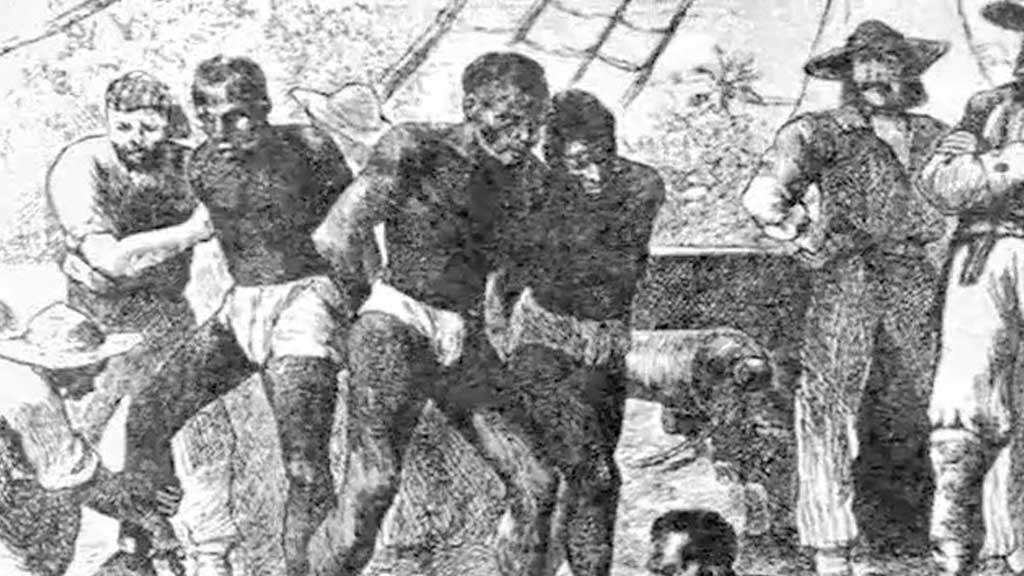
In 1641, Massachusetts enacted the Massachusetts Body of Liberties, a pioneering legal code that codified various laws and rights. While the Body of Liberties included provisions for the rights of English colonists, it also contained laws regulating the institution of slavery.
These laws delineated the rights and responsibilities of enslaved individuals and their owners, establishing a legal framework for the practice of slavery in the colony.
The Case of Quock Walker
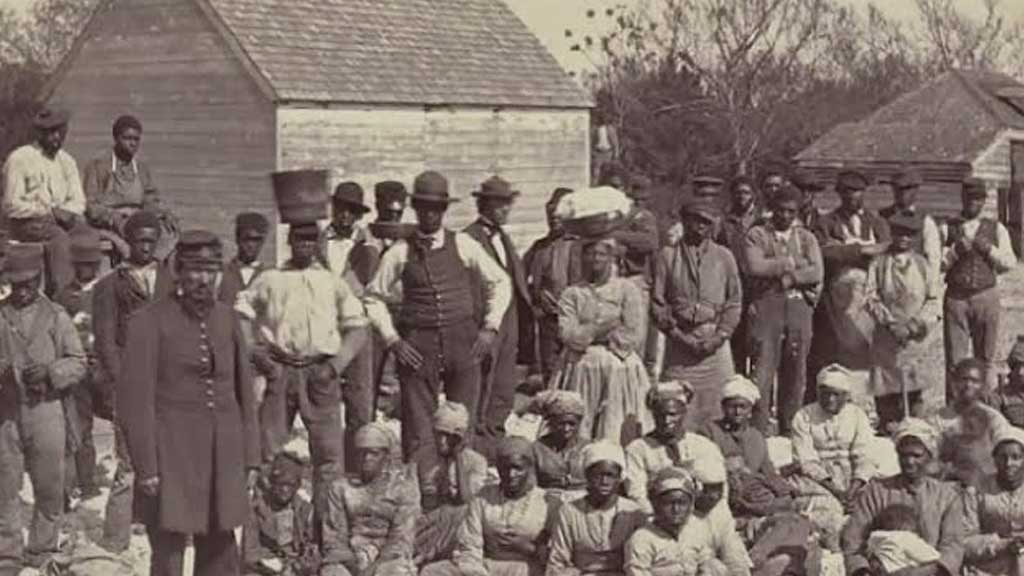
In 1781, the Massachusetts Supreme Judicial Court issued a landmark decision in the case of Quock Walker, an enslaved African American man who sued for his freedom.
The court ruled that slavery was incompatible with the state constitution’s declaration of rights, effectively abolishing slavery in Massachusetts.
The Walker decision set a precedent for the abolition of slavery in the Northern United States and highlighted the role of the courts in challenging the institution of slavery.
Gradual Emancipation Laws
In the years following the Walker decision, Massachusetts enacted gradual emancipation laws that phased out slavery over time. These laws provided for the gradual liberation of enslaved individuals, often through a system of apprenticeship or indenture.
While gradual emancipation represented a step toward freedom for enslaved people in Massachusetts, it also perpetuated systems of racial inequality and economic exploitation.
Abolitionist Movement
Massachusetts played a central role in the abolitionist movement, with prominent abolitionists such as William Lloyd Garrison, Frederick Douglass, and Maria Stewart leading the charge for freedom and equality.
Abolitionist societies and newspapers proliferated in the state, advocating for the immediate and unconditional abolition of slavery. Massachusetts became a hotbed of abolitionist activism, inspiring other Northern states to join the fight against slavery.
Fugitive Slave Acts
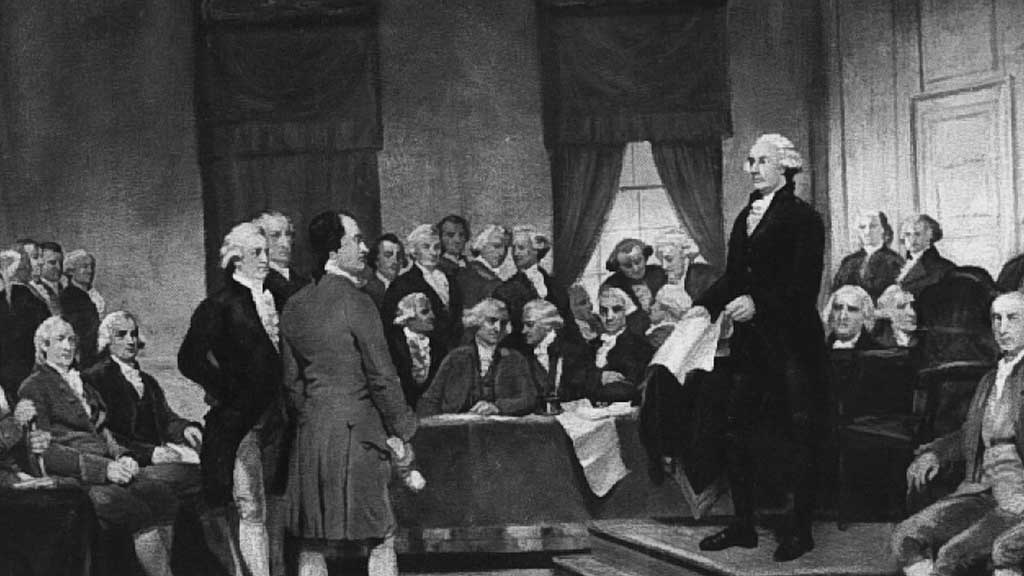
Despite the abolition of slavery in Massachusetts, fugitive slave acts passed by the federal government continued to infringe upon the rights of African Americans in the state.
The Fugitive Slave Acts of 1793 and 1850 empowered slave catchers to capture and return escaped slaves to their owners, regardless of their status as free individuals.
These laws sparked resistance and defiance among abolitionists and free African Americans in Massachusetts, who sought to protect fugitive slaves and uphold the principles of liberty and justice.
Legacy of Slavery
While slavery officially ended in Massachusetts in the 1780s, its legacy continues to reverberate in the state’s history and society.
The exploitation and oppression of enslaved Africans and their descendants left lasting scars on Massachusetts, shaping patterns of racial inequality, discrimination, and social injustice.
Understanding the history of slavery in Massachusetts is essential for grappling with the legacies of the past and working toward a more equitable and just future.
Economic Impact
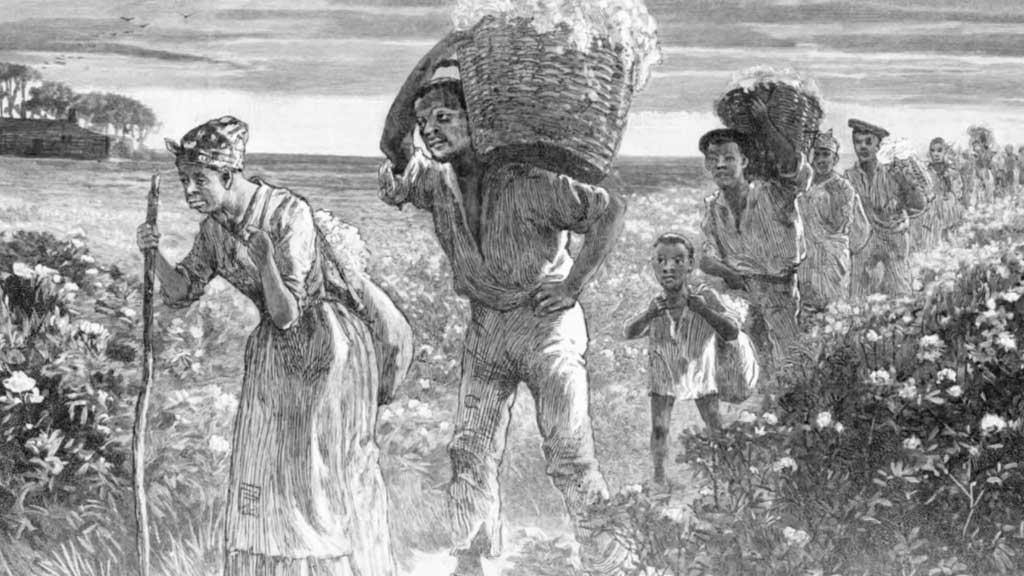
The institution of slavery had a significant economic impact on Massachusetts, particularly in industries such as agriculture, shipping, and manufacturing.
Enslaved laborers were utilized to cultivate crops, work in factories, and support trade networks, contributing to the wealth and prosperity of the colony.
The profits generated from enslaved labor enriched slaveholders and bolstered the economy, creating disparities in wealth and power that persisted long after the abolition of slavery.
Slave Codes and Restrictions
Throughout the colonial and early republic periods, Massachusetts enacted various laws and regulations to control and oppress enslaved individuals.
Slave codes imposed harsh penalties for disobedience, restricted movement and assembly, and prohibited literacy and education among enslaved people.
These laws reinforced the subordinate status of enslaved Africans and served to maintain the power and privilege of slaveholders and the ruling elite.
Indigenous Enslavement

In addition to African enslavement, Massachusetts also has a history of indigenous enslavement. Native American tribes captured in conflicts with European settlers were often enslaved and forced to labor on plantations, in households, or in other industries.
The practice of indigenous enslavement further marginalized and oppressed indigenous peoples, perpetuating systems of colonialism and exploitation.
Resistance and Rebellion
Enslaved Africans and indigenous peoples in Massachusetts engaged in various forms of resistance and rebellion against the institution of slavery.
From individual acts of defiance to organized rebellions and escapes, enslaved people resisted their bondage and asserted their humanity and freedom.
These acts of resistance challenged the authority of slaveholders and contributed to the eventual demise of slavery in Massachusetts.
Legal and Social Status

The legal and social status of enslaved individuals in Massachusetts varied over time and depended on factors such as race, gender, and class.
While some enslaved people were able to secure their freedom through manumission, others remained enslaved for generations, enduring harsh conditions and exploitation.
Enslaved women faced additional challenges, including sexual exploitation and violence, further complicating their experiences within the institution of slavery.
Impact on Families and Communities
The institution of slavery had profound effects on families and communities in Massachusetts. Enslaved families were often separated through sale or inheritance, causing immense emotional and psychological trauma.
Communities of enslaved people formed bonds of solidarity and support, navigating the hardships of bondage together and preserving cultural traditions and practices in the face of oppression.
Historical Memory and Commemoration
In recent years, there has been increased recognition and commemoration of Massachusetts’s history of slavery.
Efforts to uncover and document the stories of enslaved individuals and their descendants have led to the creation of memorials, monuments, and educational programs dedicated to honoring their legacies.
These initiatives seek to acknowledge the injustices of the past, promote healing and reconciliation, and ensure that the contributions and experiences of enslaved people are not forgotten.
When Did Massachusetts End Slavery?
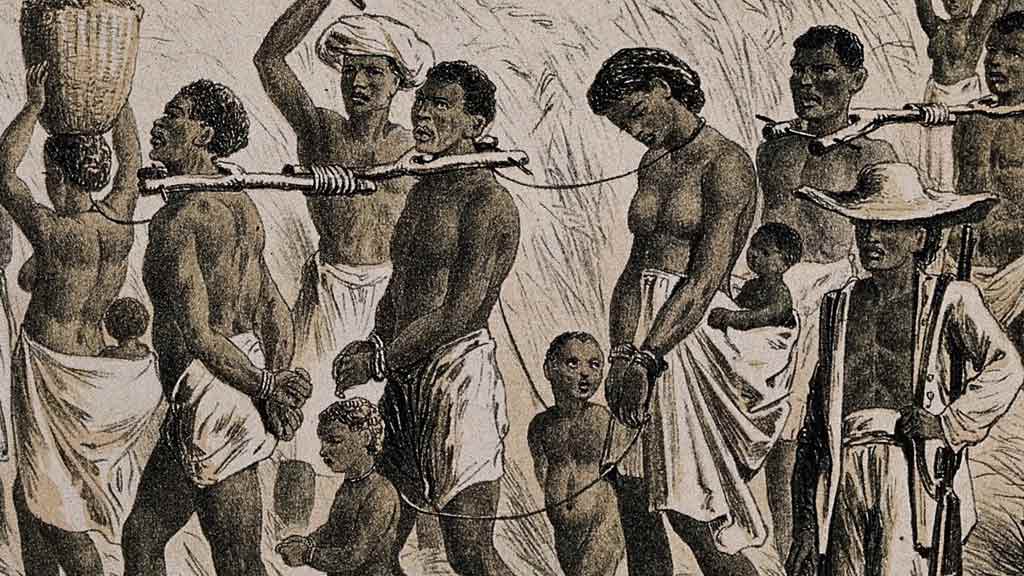
Massachusetts officially ended slavery in 1783 with the ruling in the case of Quock Walker by the Massachusetts Supreme Judicial Court.
Quock Walker, an enslaved African American man, had sued for his freedom on the basis of the state constitution’s declaration of rights.
The court’s decision declared slavery to be incompatible with the state constitution’s principles of liberty and equality, effectively abolishing the institution of slavery in Massachusetts.
This landmark ruling marked a significant victory for the abolitionist movement and paved the way for the gradual emancipation of enslaved individuals throughout the state.
Massachusetts thus became one of the first jurisdictions in the United States to abolish slavery, setting a precedent for other Northern states to follow suit.
Despite the formal abolition of slavery, the legacy of enslavement continued to shape race relations and social dynamics in Massachusetts, underscoring the ongoing struggle for racial justice and equality.
How Many Slaves Were In Massachusetts?
Estimating the exact number of slaves in Massachusetts throughout its history can be challenging due to gaps in historical records and variations in reporting practices.
Here are some pieces of historical evidence that shed light on the number of slaves in Massachusetts:
Colonial Census Records
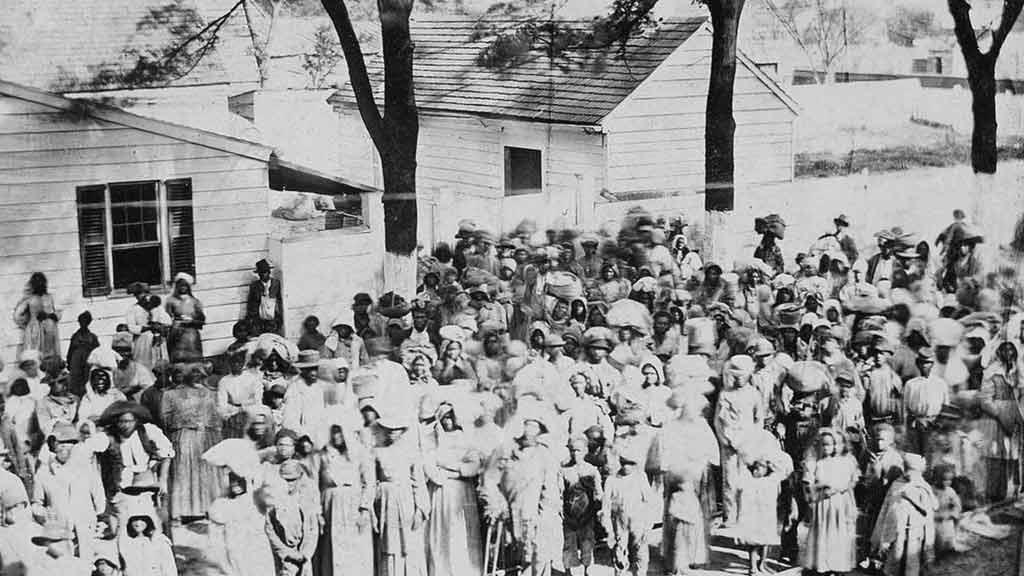
Colonial census records from the 17th and 18th centuries provide some indication of the number of slaves in Massachusetts.
These records enumerate enslaved individuals living in households and communities, offering a snapshot of the slave population at specific points in time.
While census data may not capture the full extent of slavery due to underreporting or omissions, it provides valuable information for understanding the scale and distribution of enslavement in Massachusetts.
Plantation and Estate Inventories
Inventories of plantations, estates, and households often included lists of enslaved individuals owned by residents of Massachusetts. These inventories were compiled for various purposes, such as estate settlements, tax assessments, and legal proceedings.
By examining these inventories, historians can identify the names, ages, and occupations of enslaved people, providing insights into the demographics and labor force of slavery in Massachusetts.
Legal Records and Court Cases
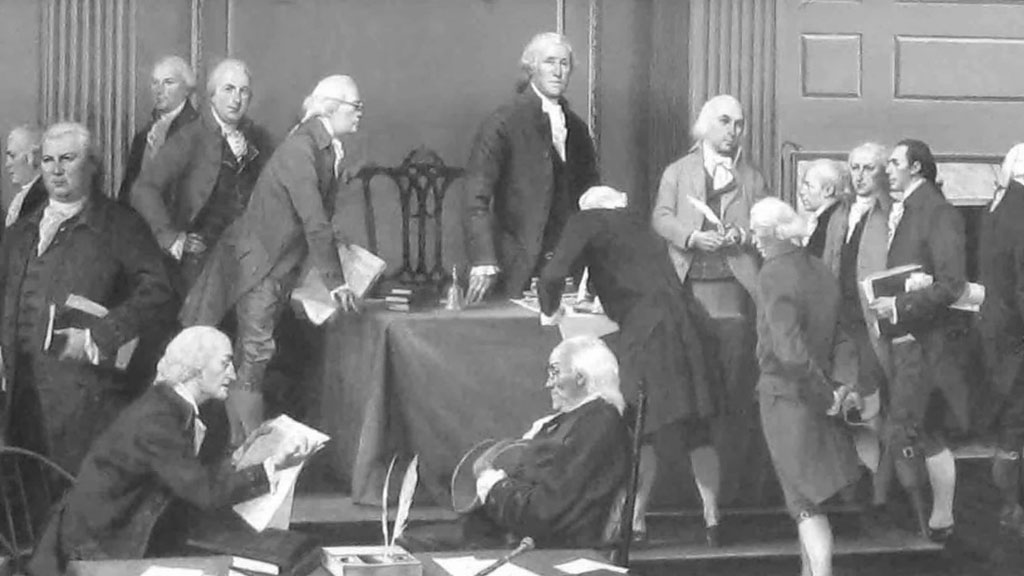
Legal records and court cases related to slavery in Massachusetts offer additional evidence of the number of enslaved individuals in the state.
Lawsuits, petitions, and probate records often mention enslaved people by name and provide details about their status, ownership, and treatment.
Court cases involving disputes over freedom, manumission, or compensation for enslaved labor can help researchers gauge the prevalence and significance of slavery in Massachusetts society.
Shipping and Trade Records
Shipping and trade records document the transportation of enslaved Africans to Massachusetts ports during the colonial period.
These records include manifests, bills of lading, and merchant account books that list enslaved individuals as cargo on ships arriving from Africa and the Caribbean.
By analyzing shipping and trade data, historians can estimate the volume of slave traffic and the number of enslaved people brought into Massachusetts.
Tax Records and Assessments
Tax records and assessments conducted by colonial and state authorities sometimes included information about slave ownership and holdings.
Slave owners were required to pay taxes on their enslaved property, providing a means of tracking the number of slaves owned by individuals or households.
While tax records may not always provide precise numbers, they offer valuable insights into the economic dimensions of slavery in Massachusetts.
Church and Vital Records
Church and vital records from Massachusetts often contain references to enslaved individuals baptized, married, or buried within congregations. These records may include details about the status, ownership, and treatment of enslaved people within religious communities.
By examining church and vital records, historians can piece together narratives of enslaved individuals and their experiences within Massachusetts society.
Abolitionist Accounts and Surveys
Abolitionist accounts and surveys conducted in the 18th and 19th centuries offer qualitative insights into the number and condition of enslaved individuals in Massachusetts.
Abolitionists documented cases of slavery interviewed enslaved people and collected testimonies about their lives and struggles.
While these accounts may not provide precise numerical data, they contribute to our understanding of the human dimensions of slavery and the efforts to abolish it in Massachusetts.
Conclusion
The history of slavery in Massachusetts serves as a reminder of the complexities and contradictions inherent in the state’s past.
While Massachusetts played a pivotal role in the abolitionist movement and the eventual end of slavery in the United States, it also profited from the labor and exploitation of enslaved individuals for generations.
The legacy of slavery continues to reverberate in Massachusetts, shaping patterns of racial inequality, social justice, and collective memory.
By acknowledging and reckoning with this history, we can honor the resilience and resistance of those who suffered under the yoke of slavery and strive to build a more just and equitable future for all.
Jaclyn Lowe